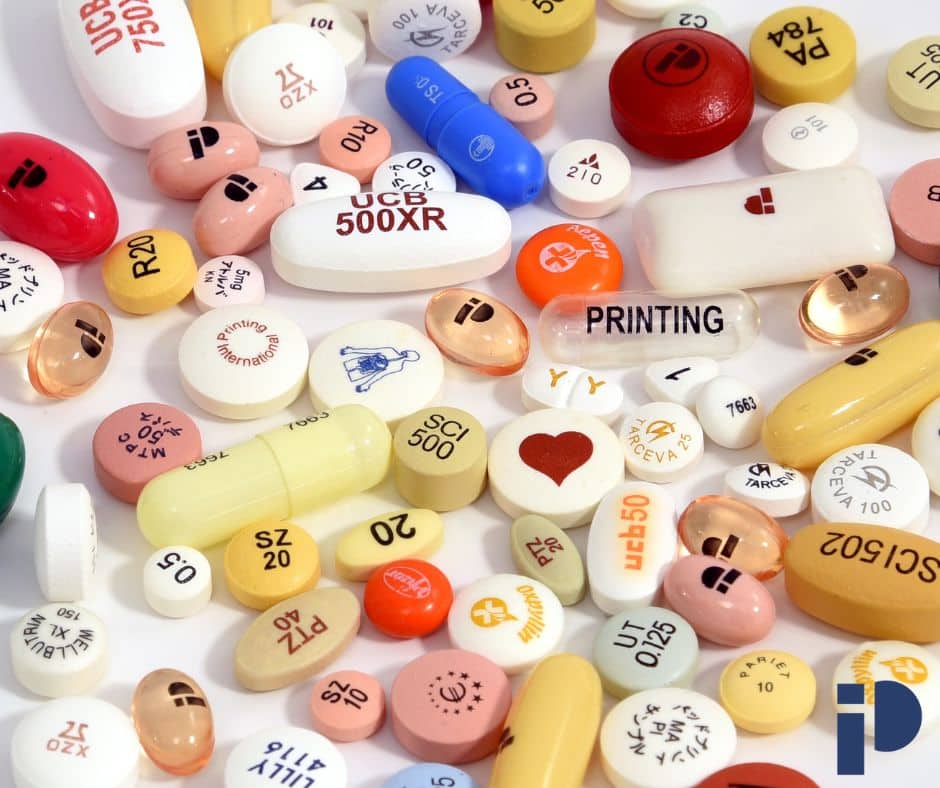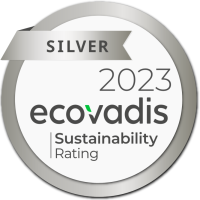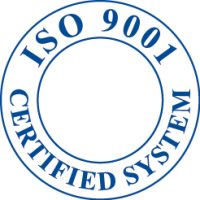Print on tablets with WATER-BASED INKS and without the use of Titanium Dioxide!
ALL NEWS OF PRINTING INTERNATIONAL
Titanium dioxide or E171 is a popular food additive used extensively in the food industry, pharmaceuticals and cosmetics. It is the additive responsible for the white color of the product. 90% of white products contain titanium dioxide. It is used in toothpaste, dragee, chewing gum and even milk powder, baby powder, ice cream and many other applications.
In pharmaceuticals, Titanium Dioxide is used in the coating of tablets. The coating is required, inter alia, if the tablets are UV-laser, because it is the coating that provides the chemical reaction required to create the image.
Studies on the safety of the food additive E171 have been ongoing for some time, but recent research by French scientists has shown that E171 may accumulate in the intestines, liver, lungs and even the brain. In doing so, the dye nanoparticles mechanically damage protein chains and penetrate into internal organs through the walls.
All experiments have been carried out on mice. For example, in one study involving 100 mice, 40 % of the subjects developed precancerous lesions.
As a result, after going through all the procedural steps, European Regulation 2022/63 was published on 18 January 2022, banning the use of titanium dioxide in foodstuffs. This ban the ban has been in force since 8 August 2022. Operators in all links of the chain therefore had six months to put everything in order. Recipes and labels had to be adapted in time. The same date of 8 August 2022 applies to everyone, regardless of the food group and regardless of the stage in the food chain. After 7 August 2022, foodstuffs produced up to 7 August 2022 may still be sold, but they may no longer be used to make composite foodstuffs that are put on the market (not even to decorate cakes, for example). After all, after 7 August 2022 no foodstuffs containing E171 may be produced or imported into the EU.
To date, E171 or Titanium Dioxide has not yet been banned in pharmacology in the European Union, but this is only due to the fact that changing the formulation of a medicine entails the need to repeat clinical trials.
We care about the health of your customers and the efficiency of your investment, so we offer printing technology on tablets that does not require additional additives and also does not damage the surface of the tablet.
The printing is done with FDA-approved, safe, water-based inks.
Is our technology of interest to you? Contact us and we will send you free samples or do a free print test on your tablets!
Learn more about pad printing machines for the Pharmaceutical industry.
Watch the video of pad printing machine for printing on tablets, as well as other videos on our YouTube channel.



